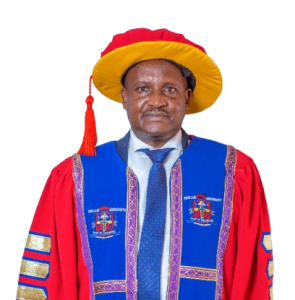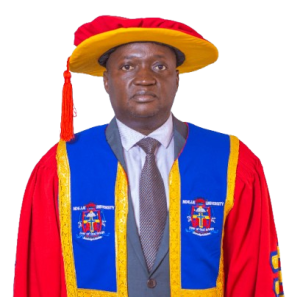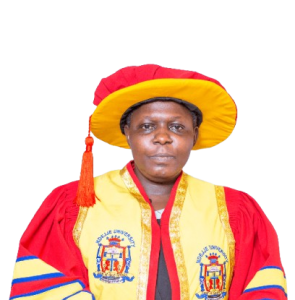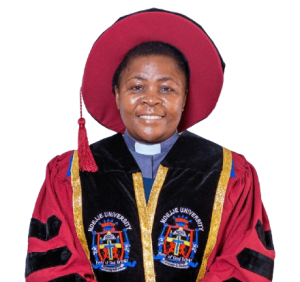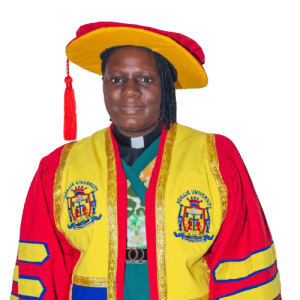Makerere University recently hosted the Multi-Stakeholder Dialogue on Catalysing Engineering Innovation, an event that drew sharp attention to a critical issue facing higher education institutions across the country – the need to realign university research with real-world impact.
Representing Ndejje University at the dialogue, Eng. Dr. Henry Ntale, Dean of the Faculty of Engineering, passionately echoed a growing sentiment in academia: it’s time for universities to rethink how final year research projects are approached and evaluated.
“We urgently need to rethink how we handle our 200+ final year research projects,” Dr. Ntale emphasized. “These should directly address industry needs, community challenges, and government research priorities.”
His statement reflects a national concern — that while universities invest thousands of hours in undergraduate research annually, there is often little to show in terms of tangible outcomes. He posed a thought-provoking question:
“If someone asked, ‘What have you got to show for the thousands of man-hours spent on undergraduate research over the past five years?’ — would we have clear answers?”
Indeed, the questions remain:
- Are there any documented solutions?
- Have we developed improved prototypes?
- Do we have intellectual property filings or commercialised outputs?
- How have our efforts translated into solutions for our communities or the nation’s technical challenges?
Dr. Ntale emphasized that it is no longer enough to submit reports and presentations. “We must start demanding outcomes — not just submissions,” he said. “Let’s ensure our final year projects produce something meaningful, measurable, and visible. It’s time to raise the bar.”
In a positive stride toward this goal, Dr. Ntale also announced that the top 10 final year projects from Ndejje University will have a chance to participate in a National Technology Innovation Camp to be held in Mbarara, organized by the National Council for Science and Technology (NCST). Details of this opportunity will be shared soon.
As universities across Uganda strive to strengthen their innovation ecosystems, voices like Dr. Ntale’s serve as a critical reminder that the future of engineering — and indeed higher education — lies not just in knowledge generation, but in impactful innovation that transforms lives.





